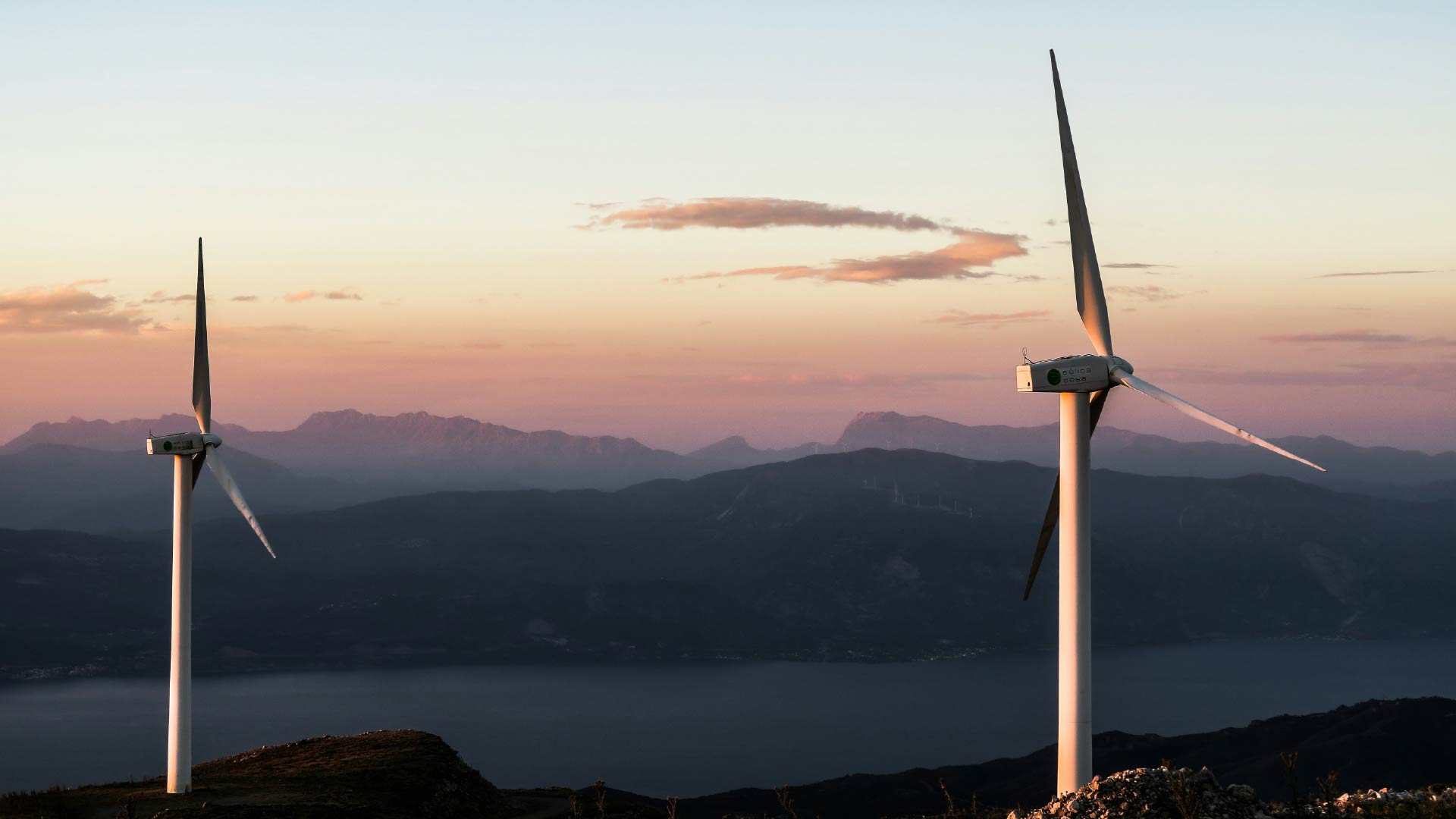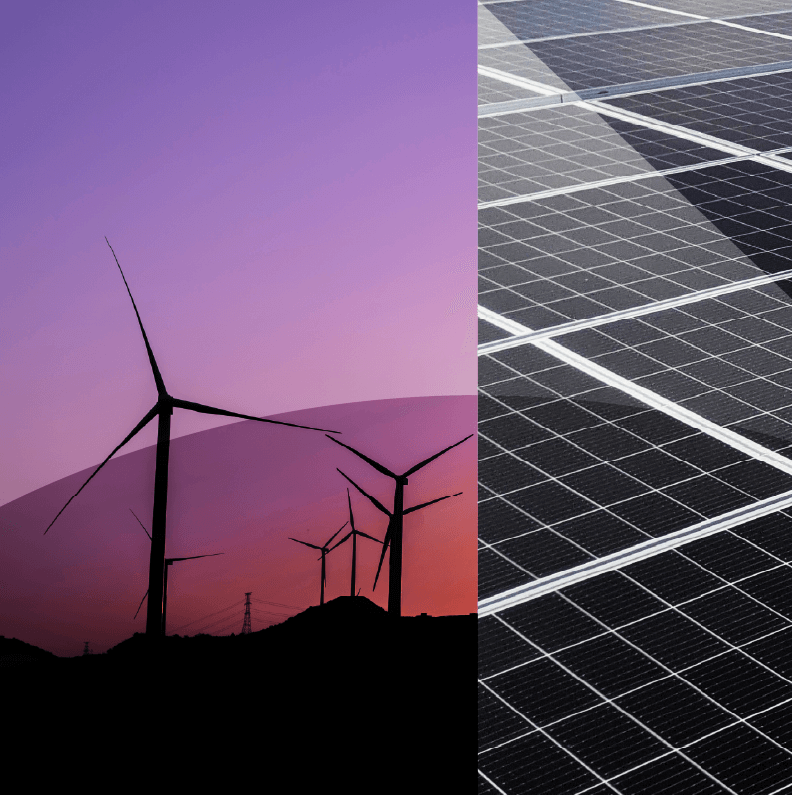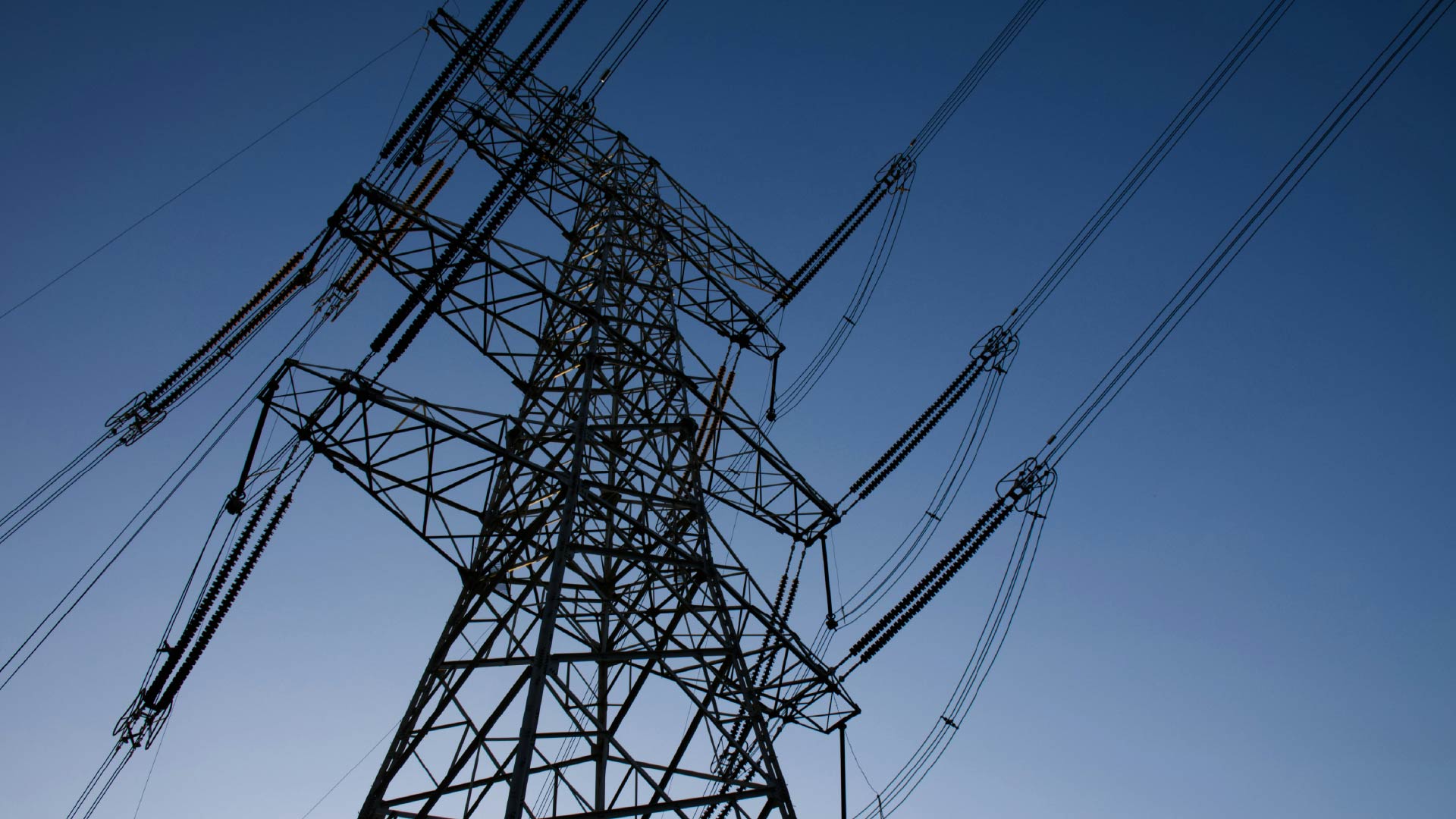You’ve Got The Power: Turning Energy From A Cost Into An Asset
For businesses, energy strategy is no longer only about procurement: electrification of fleets, heating and processes is driving demand. The rapid growth of renewables has introduced variability – while aging infrastructure is struggling with decentralized flows. Policy frameworks are creating pathways for active market participation. Taken together, these dynamics are opening up opportunities for organizations to manage energy not just as a cost centre, but as a monetizable asset.
Distributed energy resources (DERs) such as rooftop solar, battery storage, EV fleets and on-site generation are enabling organizations to:
- Reduce exposure to volatile pricing by shifting energy-intensive activities to lower-cost windows and leveraging stored energy during peaks. For example, industrial facilities adopting on-site solar can save between £30,000 and £50,000 per year, while avoiding 50 to 100 tonnes of CO₂ annually. Battery storage in both commercial and household settings can add further protection, offering potential savings of £150 to £300 per year at the residential level.
- Unlock new income streams by monetizing surplus capacity and flexibility. Rooftop solar prosumers can earn between £100 and £200 per year by exporting to the grid via incentives like the Smart Export Guarantee, while EV fleets can provide earnings of £1,500 annually through vehicle-to-grid services according to current trials. For communities, collective demand-side programmes deliver £40 to £100 per household per year in rewards, with shared batteries generating between £10,000 and £20,000 from grid services.
- Enhance operational resilience by investing in assets that provide back-up supply and stability during outages. For businesses, microgrids and battery systems ensure critical operations continue during supply disruptions, while households with solar and storage benefit from greater security during blackouts.
- Advance sustainability commitments by aligning energy use with net zero targets. Electrification of industrial processes is reducing costs by 40% compared with fossil fuels, while cutting CO₂ emissions by 50-90%. Similarly, prosumer households are avoiding up to 1,500kg of CO₂ each year through rooftop solar alone.
Industrial facilities using energy management software are cutting 5-15% from their annual energy spend. Communities working together on procurement, like the Dover district, are achieving 5-10% discounts on green tariffs while retaining value locally. Corporate fleets electrifying at scale are not only reducing emissions but also opening access to new grid revenue streams.
Energy markets are no longer one-directional, and businesses no longer need to be passive price takers. Those who treat energy as a strategic resource can capture value on multiple fronts: lowering bills, generating revenue, securing operations and accelerating progress toward sustainability goals. To explore these opportunities in greater depth, watch our webinar: You’ve Got The Power: How To Save Money On Energy Bills And Monetise Your Assets.
About The Author

Hector Aguirre
Industry Analyst





